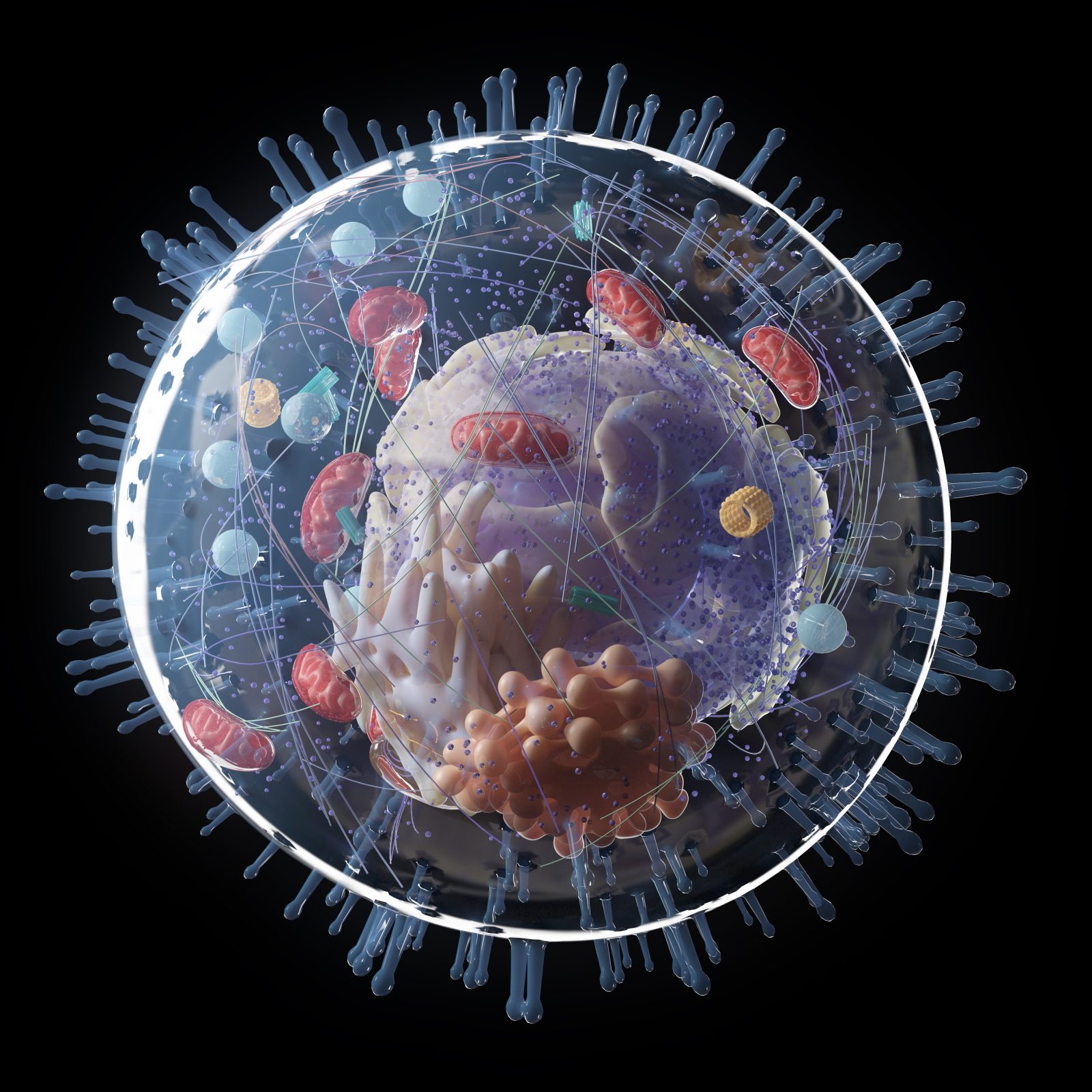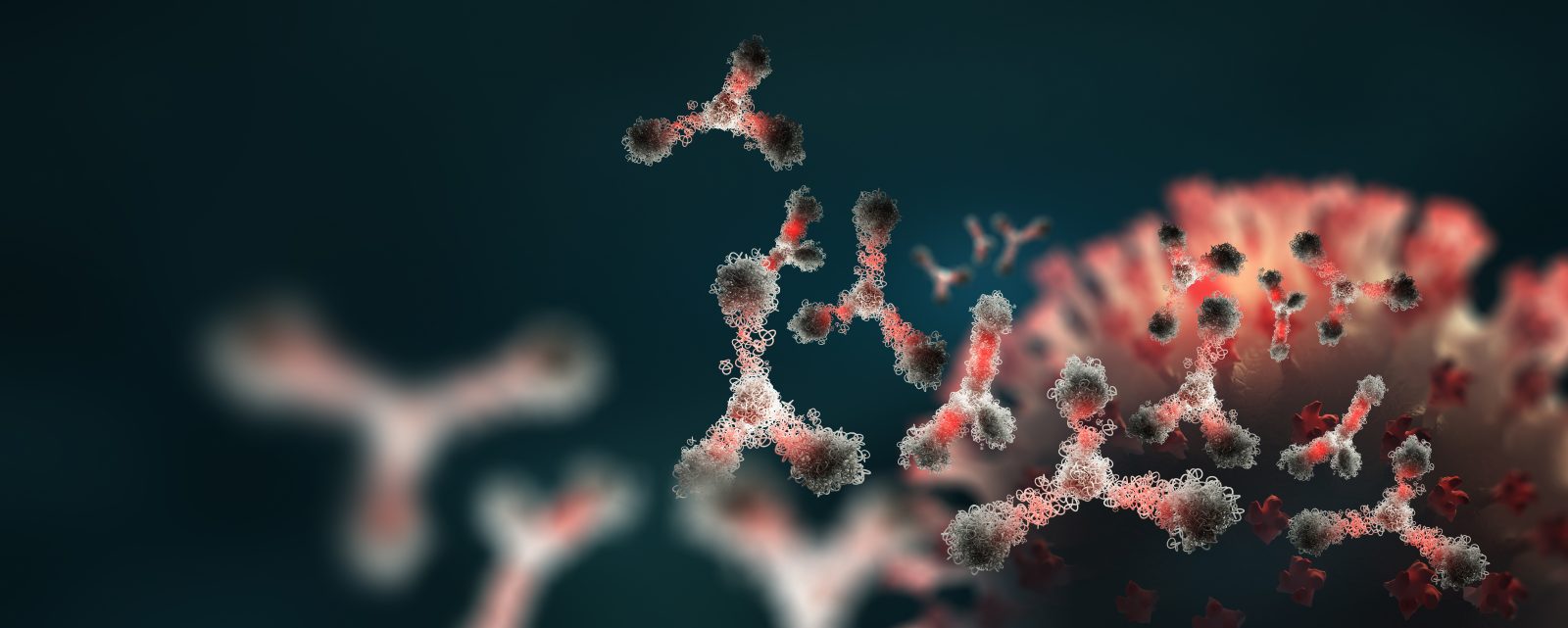
Michael Denton’s Epiphany about Nature’s Fitness for Life
On this episode of ID the Future, biochemist and author Michael Denton tells host Eric Anderson more about his new book The Miracle of the Cell, and about his epiphany when he recognized the many remarkable ways that nature’s chemistry is fine-tuned for life. The focus in this conversation is on carbon chemistry and its “goldilocks zone” ability to form stable bonds but let loose of them when needed. Whereas biologists once wondered about a vitalist “life force” in the cell, Denton sees intelligence and foresight in the very design of carbon, its unique properties, and its “coincidental” relation to water. According to Denton, all of this, taken together, constitutes “one of nature’s most remarkable examples of nature’s fitness for life on earth.” Carbon’s suite of life-friendly features, he says, is foundational to the cell’s peerless ability to build sophisticated biological forms–everything from the smallest bacterium to the tallest tree, and you and me.

